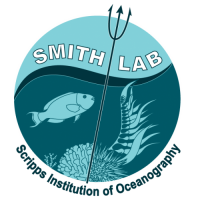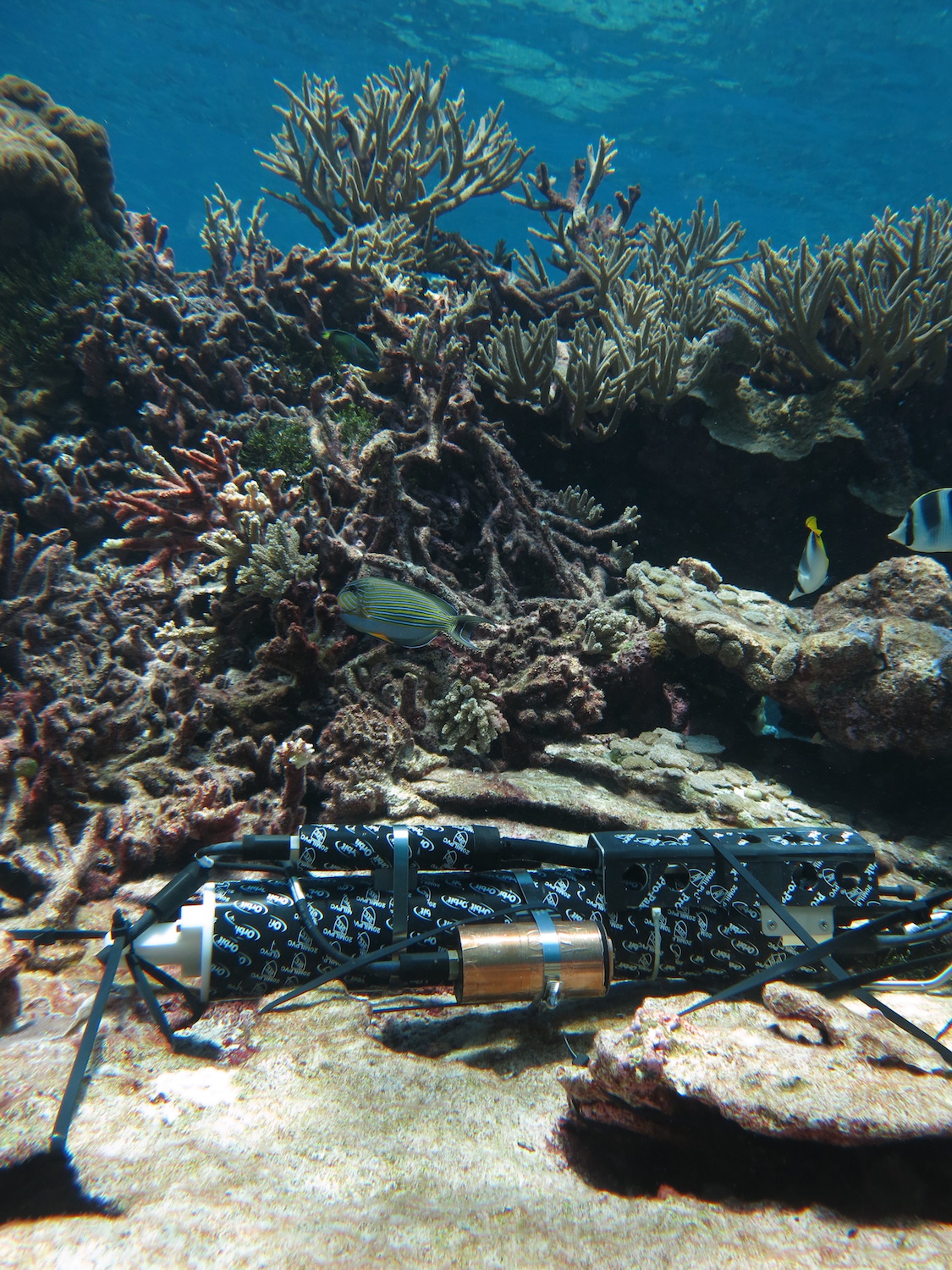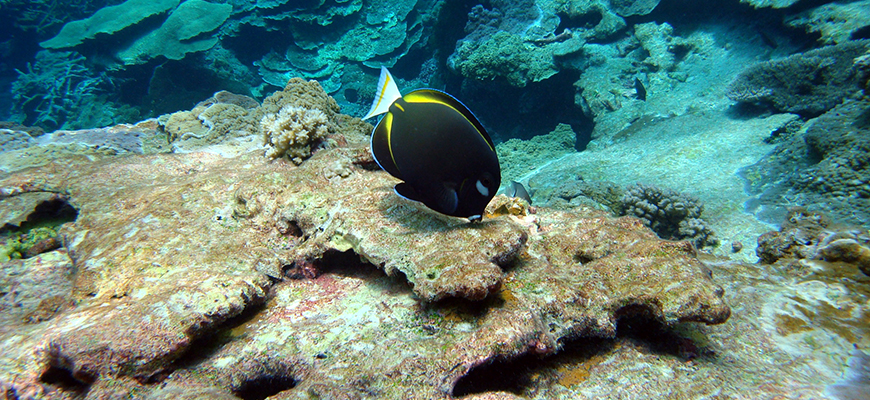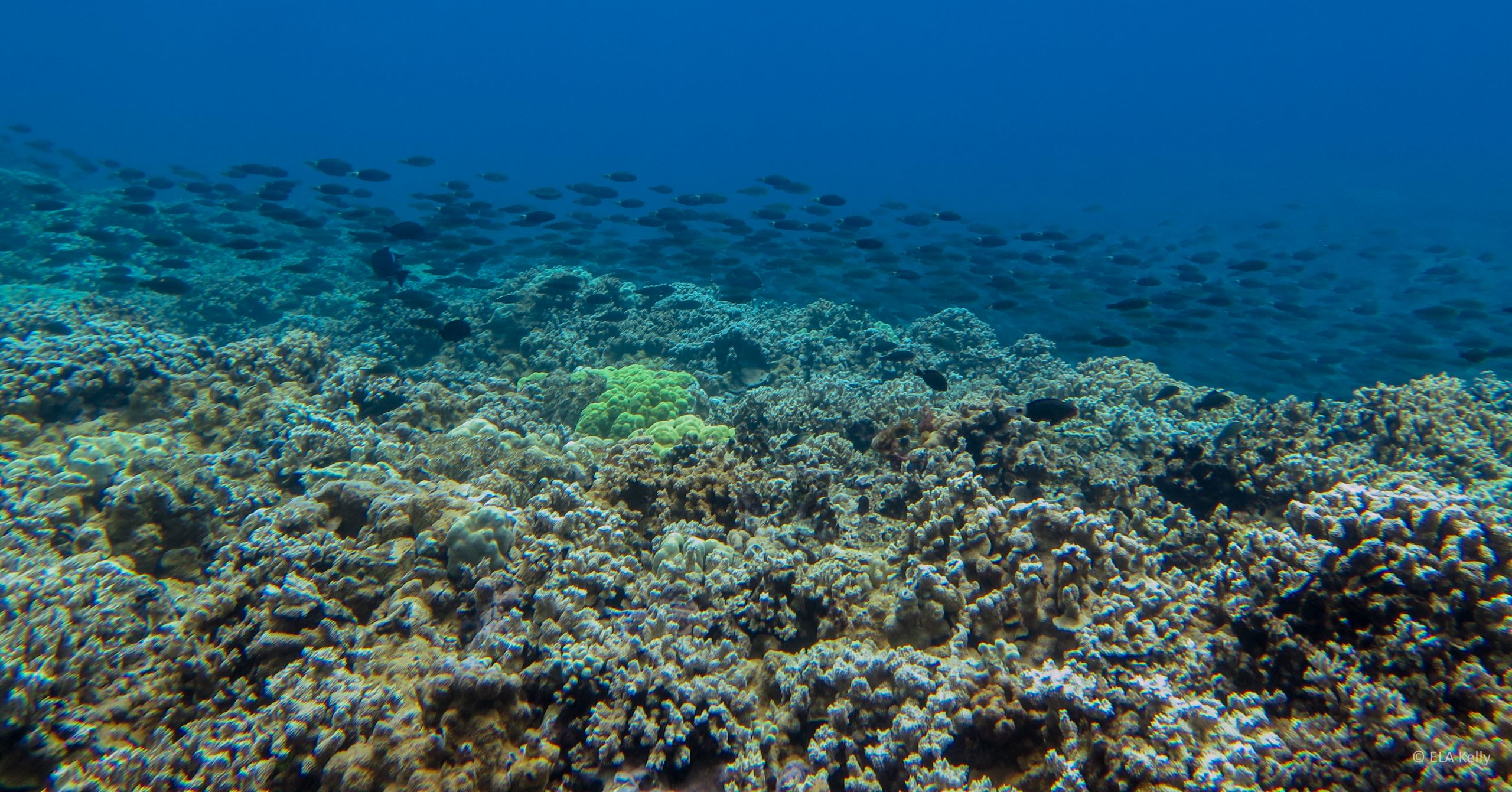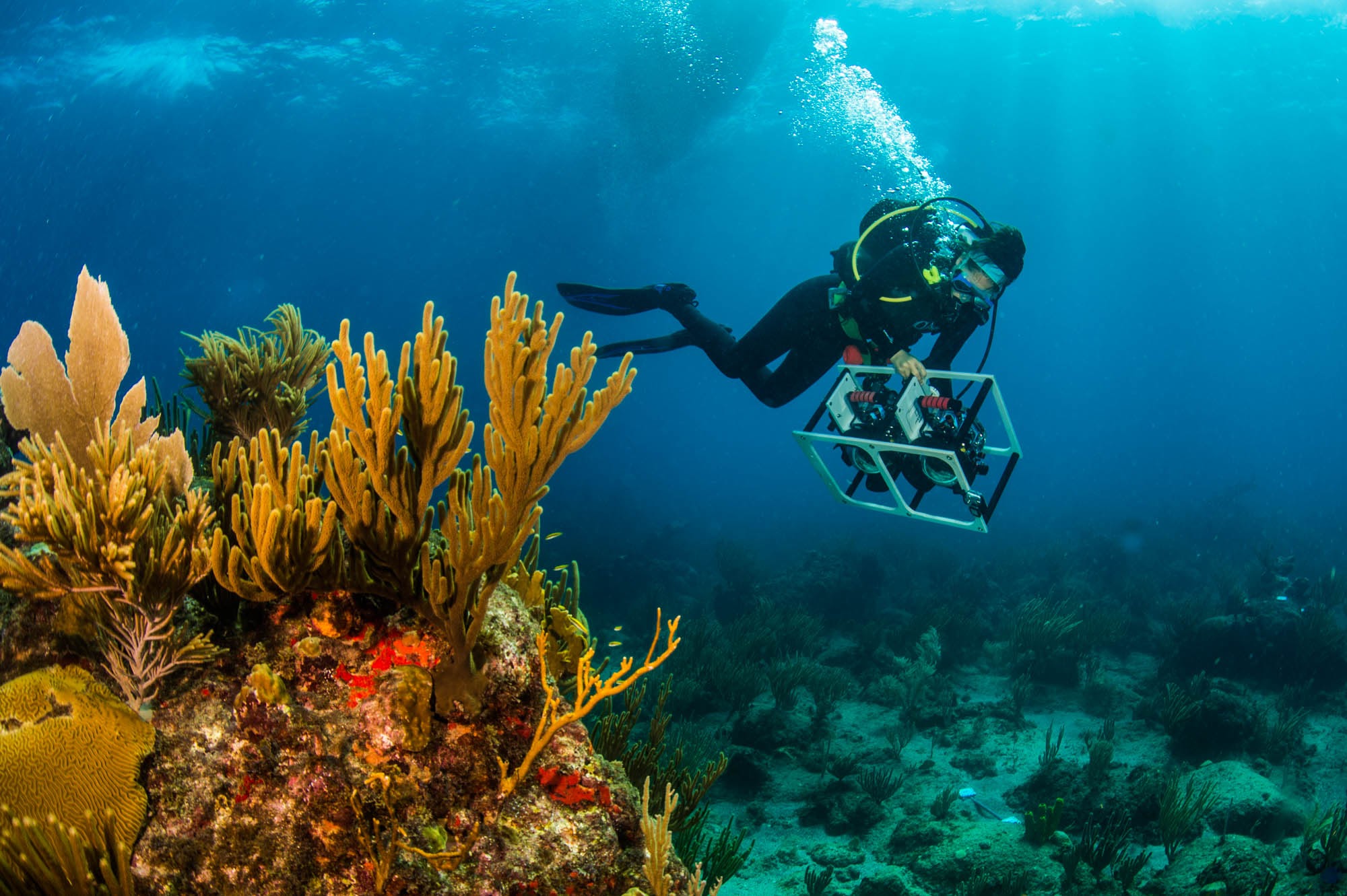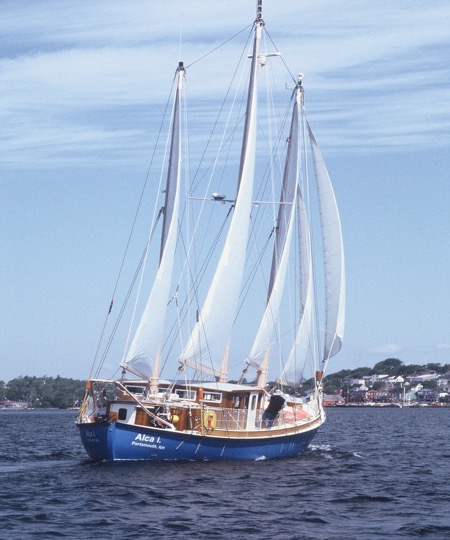The Smith Lab was recently awarded a grant by the California Ocean Protection Council to study the effects of sea level rise on intertidal communities – that is, the life that thrives in the zone that is exposed to the air at low tide and covered by water at high tide. This project will use technology similar to that used … Read More
100 Island Challenge featured by BBC Earth
100IC team featured in bioGraphic while on expedition in the Cook Islands
Researchers from the 100 Island Challenge team were interviewed for a piece in bioGraphic in January on an expedition to Rarotonga in the Cook Islands. The article, “Picture of Health,” published online last week, details the daily life of researchers in the field and shares the team’s optimistic view of coral reef health in areas where local managers are making waves to … Read More
100 Island Challenge featured at SXSW: “Saving coral reefs one pixel at a time”
This year at the SXSW festival in Austin, Texas there was a special panel focusing on the use of technology in coral reef conservation – “Saving Coral Reefs One Pixel at a Time”. Dr. Jennifer Smith spoke on this panel alongside Zack Rago, from the documentary, Chasing Coral, and Joanna Klein, a science journalist from the New York Times. … Read More
Collaboration in the news: Smith Lab assists US Fish and Wildlife Service with water quality monitoring at Palmyra Atoll
On a recent trip to Palmyra Atoll, members of the Smith Lab assisted US Fish and Wildlife Service (USFWS) with the deployment of a nearshore water quality sensor. The sensor, a Sea-Bird Electronics 16plus V2 SeaCAT Recorder with integrated WET Labs ECO-FLNTUS (say that 10 times fast!), is part of the Pacific Islands Ocean Observing System’s (PacIOOS) Water Quality Sensor … Read More
New study by SIO alum, Dr. Maggie Johnson, reveals how turf algae fare in the face of global change
Dr. Maggie Johnson, a recent Smith Lab PhD grad, recently published a study in the journal Coral Reefs revealing how epilithic and endolithic algae (that is, algae that grows on top of and beneath the surface of “rocks”, respectively) respond to increasing ocean temperature and acidification (lower pH). Samples were collected from turf-covered substrate in Moorea, and were exposed for … Read More
Herbivore management may be the key to balancing the energetic budget on coral reefs
A new paper published by Emily Kelly and colleagues explains how we can balance the energetic budget on Hawaiian coral reefs through herbivore management and protection. Herbivores on coral reefs play an important role in controlling algal growth, but in systems where density of herbivores is low, algae can grow at a faster rate than they are consumed, resulting in a … Read More
Curious about the “100 Island Challenge”? Check out this article to learn more!
The 100 Island Challenge is a collaborative project led by Dr. Stuart Sandin’s lab, co-led by Dr. Jen Smith, that aims to work with partners worldwide to assess reef health in a holistic way that is comparable across all sites. News Deeply recently interviewed Dr. Smith to learn more about the goals of the 100 Island Challenge in assessing reef … Read More
Smith lab & colleagues publish new paper looking at zooplankton on coral reefs
Most coral reef scientists study charismatic organisms, such as corals and fish, while very few scientists focus on plankton. Since coral reefs have an abundance of beautiful and colorful creatures, small and inconspicuous plankton may be less attractive to many coral reef scientists. Of the few existing coral reef plankton studies, most of them are either bacterioplankton or phytoplankton, which are “relatively” … Read More
Citizen-supported science in the Gulf of Maine
Dr. Walter Adey has dedicated his career to studying the importance of seaweeds in the marine ecosystems of the Northwest Atlantic. Walter first surveyed the benthic communities of the Gulf of Maine fifty years ago. In the wake of the collapse of the famed New England cod fishery and half a century of climate change, the Gulf of Maine is … Read More

